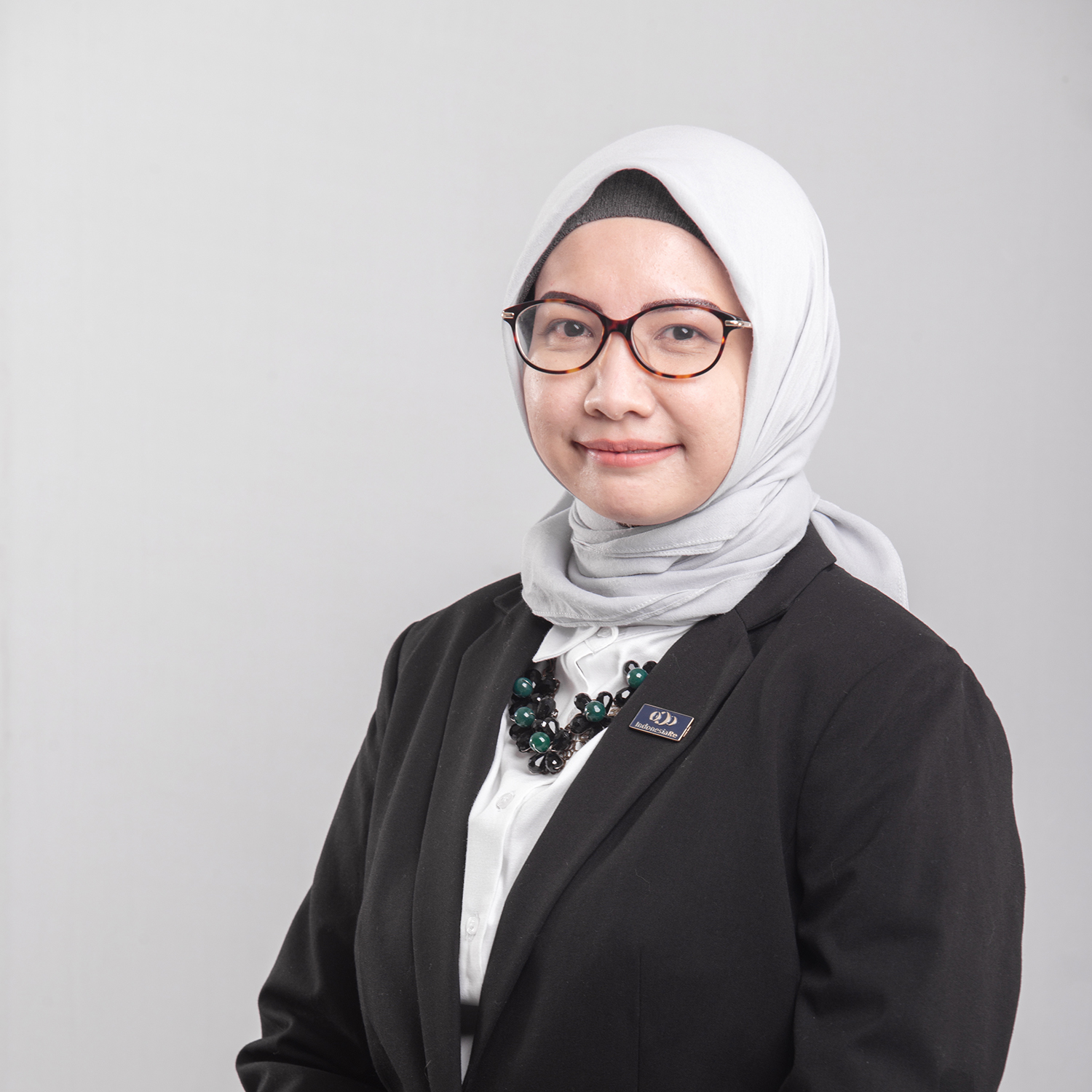In-Flight Risks of Covid-19 Transmission
At the beginning of the COVID-19 pandemic, almost all parties argued that traveling by airplane was a super spreading event, where the risk of COVID-19 transmission between passengers can be very high. However, it turns out that various studies conducted have proven that the risk of transmission of COVID-19 on flights is smaller when compared to the risk of transmission in other daily activities such as eating together with people who do not live at home, working in offices, shopping at shopping centers, and so on.

Image source: www.freepik.com
Currently, as the economy starts to turn back, governments from various countries have started to reopen flight services again, albeit with some restrictions and the imposition of additional regulations. In this case, the implementation of health protocols and passenger compliance with these protocols are the key to preventing the risk of transmitting COVID-19 on flights. It is undeniable that the aircraft cabin is an enclosed space that has limited access to air vents and sunlight, which can increase the risk of SARS-CoV-2 replication and transmission between passengers. To reduce this risk, the government is working with airlines to formulate health protocols as well as proper use of facilities.
Several international airlines have tested several new technologies that are considered capable of minimizing the risk of COVID-19 transmission on planes. For example, American Airlines performs the disinfection process with a new generation of anti-microbial products that have better disinfecting capabilities. All Nippon Airways (ANA) is piloting a new device that will allow passengers to use the aircraft toilet facilities hands-free. This ANA innovation has been tested before at Haneda Airport and has received positive feedback from its users.
Irfan Setiaputra, President Director of Garuda Indonesia, said that the air circulation system used on aircraft uses a High-Efficiency Particulate Air (HEPA) filter, which has the ability to filter pathogens from the air very well, so that it can clean the air better and faster. In addition, the air circulation in the aircraft cabin occurs vertically, which helps prevent the spread of the virus between passengers.

Image source: www.freepik.com
Airlines have also implemented several other restrictions and arrangements, such as reducing passenger capacity to 50 - 70% of initial capacity, requiring passengers to undergo rapid or swab checks and filling out a health declaration before being able to fly, disinfection and sterilization of aircraft before passengers board and after passengers disembark, checking body temperature before passengers enter the airport and boarding the plane, emptying the middle seat to limit the distance between passenger seats, and requiring passengers to always wear a mask during the flight.
The selection of masks to be used during the flight can also affect the risk of transmission. As we already know, several types of masks such as scuba masks, single-layer cloth masks, and buff masks have very low filtration capabilities and are not very effective in providing protection against SARS-CoV-2 infection. Therefore, we should use masks that have excellent filtering capabilities during flight, such as three-layer surgical masks, cloth masks with additional filters, or N95 masks. In addition, we can also consider the use of face-shields keeping in mind that masks do not protect our eyes from potential exposure to viruses.

Image source: www.freepik.com
During the flight, we should also be able to take additional precautions such as disinfection of objects around us, such as armrests, chair backs, and tray tables, avoid removing masks, not making direct contact with other passengers, and minimizing toilet use. Not only during flights, in fact, we must also apply careful behaviour since we are at the airport, such as when queuing for the check-in process or queuing for immigration, where we can avoid crowds and keep our distance from other people.
The safest place in a pandemic like this is where we live. However, not everyone has the privilege to remain where they live. Some of us still have to travel outside the home, even out of town or abroad for the inevitable. Therefore, stay consistent in implementing health protocols, and take care of your health and immunity as well as possible.
Author





 8498
8498



 11 Dec 2025
11 Dec 2025 123 kali
123 kali





